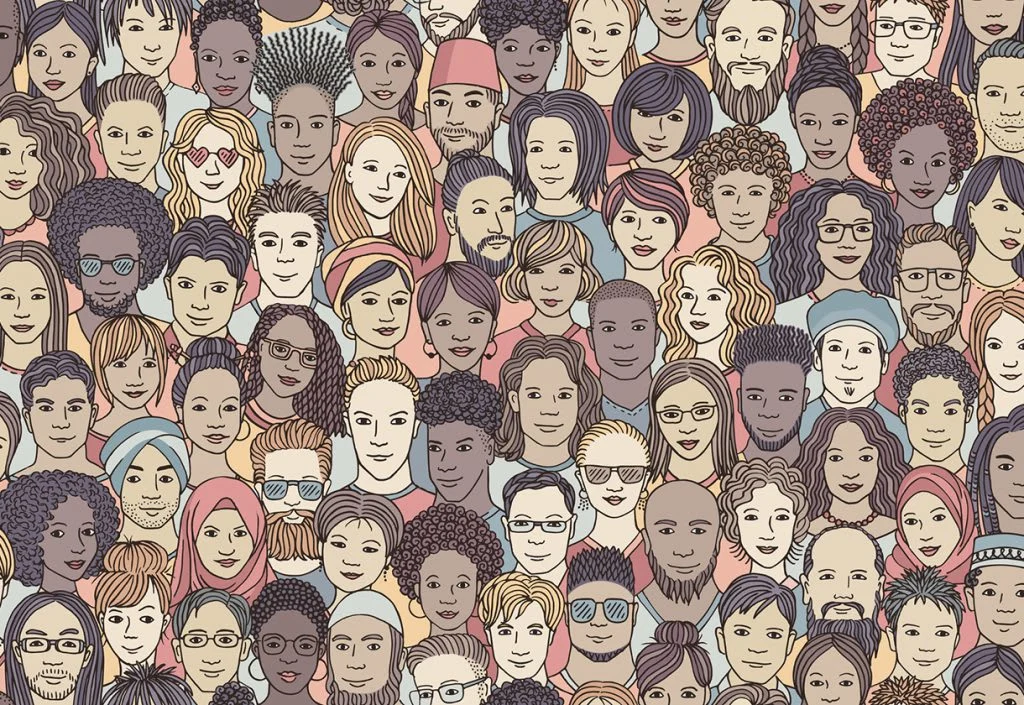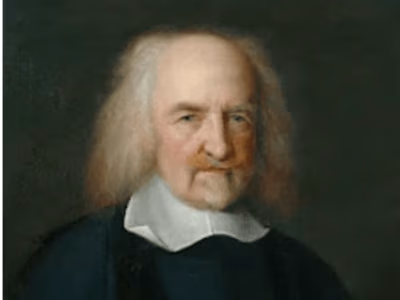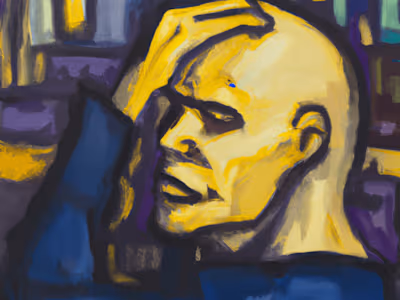The Psychology of the Crowd
Disclaimer: This present article includes some ideas from the BBC series podcast: The Life Scientific of Stephen Reicher on the psychology of crowds
The psychology of the crowd has long been of interest to social psychologists, as it offers insights into the ways in which individuals behave when they are part of a group. In the context of politics, the manipulation of crowds has become an increasingly common tactic, with politicians and other actors seeking to use the power of the crowd to achieve their goals. In this essay, we will explore the psychology of the crowd and the ways in which it can be manipulated for political purposes.

The Psychology of the Crowd
The psychology of the crowd is characterized by a number of key features, including the loss of individual identity, the heightened emotional arousal, and the reduced capacity for critical thinking. When individuals are part of a crowd, they often feel a sense of anonymity, which can lead to a loss of personal responsibility and an increased willingness to engage in risky or aggressive behavior. At the same time, the emotional energy of the crowd can be highly contagious, with individuals experiencing a sense of collective emotion that can be both positive and negative.
The Reduction of Critical Thinking
One of the most significant effects of being part of a crowd is the reduction of critical thinking. When individuals are part of a group, they are more likely to rely on the opinions and judgments of others rather than engaging in independent thinking. This can lead to a phenomenon known as group polarization, in which group members become more extreme in their beliefs and attitudes as a result of their interactions with one another.
The Manipulation of Crowds
The manipulation of crowds has been used throughout history as a means of achieving political goals. Political actors can use a range of techniques to manipulate crowds, including emotional appeals, persuasive messaging, and the use of symbols and imagery. One common technique is the use of propaganda, which seeks to influence the beliefs and attitudes of individuals through the use of persuasive messaging and manipulative imagery.
In addition to propaganda, political actors can also manipulate crowds through the use of emotional appeals. By tapping into the collective emotions of a group, politicians can inspire feelings of fear, anger, or hope, which can be used to motivate individuals to take action in support of a particular agenda.
The Role of Social Media
The rise of social media has had a significant impact on the manipulation of crowds. Social media platforms offer a powerful tool for politicians and other actors to engage with large groups of people, to spread propaganda, and to manipulate emotions. Social media algorithms can also contribute to the polarization of groups, by presenting users with content that reinforces their existing beliefs and attitudes.
In conclusion, the psychology of the crowd is a complex and multifaceted phenomenon, with significant implications for politics and social behavior. While being part of a crowd can be a powerful and emotional experience, it can also lead to a reduction in critical thinking and an increased susceptibility to manipulation. As political actors continue to seek ways to harness the power of the crowd, it is essential that we remain vigilant to the ways in which our beliefs and attitudes may be shaped and manipulated by those seeking to influence our behavior. By remaining aware of the psychological dynamics of the crowd, we can become more resilient to political manipulation and better able to make informed decisions about our political beliefs and actions
Like this project
Posted Mar 2, 2023
Show The Life Scientific, Ep Stephen Reicher on the psychology of crowds - 13 Mar 2018









